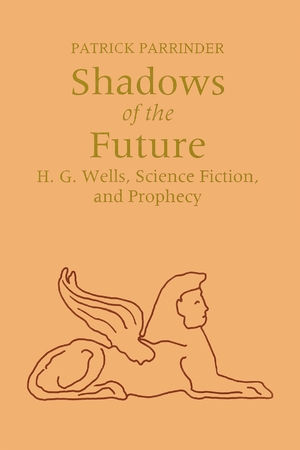Description
This volume of essays examines early, primarily nineteenth-century, examples of science. fiction. The essays focus particularly on how this fiction engages with such contemporary issues as exploration, the development of science and social planning.
Several of the writers discussed (Mary Shelley, Poe, Verne, Wells) have been proposed by literary historians as the founders of science fiction. The aim in these essays, however, is not to privilege one individual, but rather to look at the gradual convergence of a number of different genres and at the process of continuing influence of one writer on his/her successor. The collection strikes a balance between a discussion of the established names within the field and less well known works such as Symzonia and The Battle of Darking.
The volume concludes with a consideration of the utopias and dystopias of the late nineteenth and early twentieth centuries.
Table of Contents
‘Able Mechanick’: The Life and the Adventures of Peter Wilkins and the Eighteenth-Century Fantastic Voyage, Paul Baines
Science Fiction by Gaslight: An Introduction to English Language Science Fiction in the Nineteenth Century, Edward James
Frankenstein and the Origins of Science Fiction, Brian Stableford
From Mary Shelley to The War of the Worlds: The Thames Valley Catastrophe, Patrick Parrjnder
Breaking the Bounds: The Rhetoric of Limits in the Works of Edgar Allan Poe, his Contemporaries and Adaptors, David Seed
Verne’s Amazing Journeys, M. Hammerton
Imagining the Future: Predictive Fiction in the Nineteenth Century, Brian Nellist
Imagination and Inversion in Nineteenth-Century Utopian Writing, Simon Dentith
Prediction, Programme and Fantasy in Jack London’s The Iron Heel, Tony Barley
Alien Dreams: Kipling, Stephen R. L. Clark
Lesbians and Virgins: The New Motherhood in Herland, Val Gough
About the Author
David Seed is a member of the English Department at Liverpool University. He has published books on Thomas Pynchon. Joseph Heller, Rudolph Wurlitzer and James Joyce. He is currently working on a study of American science fiction of the Cold War.
May 1995




